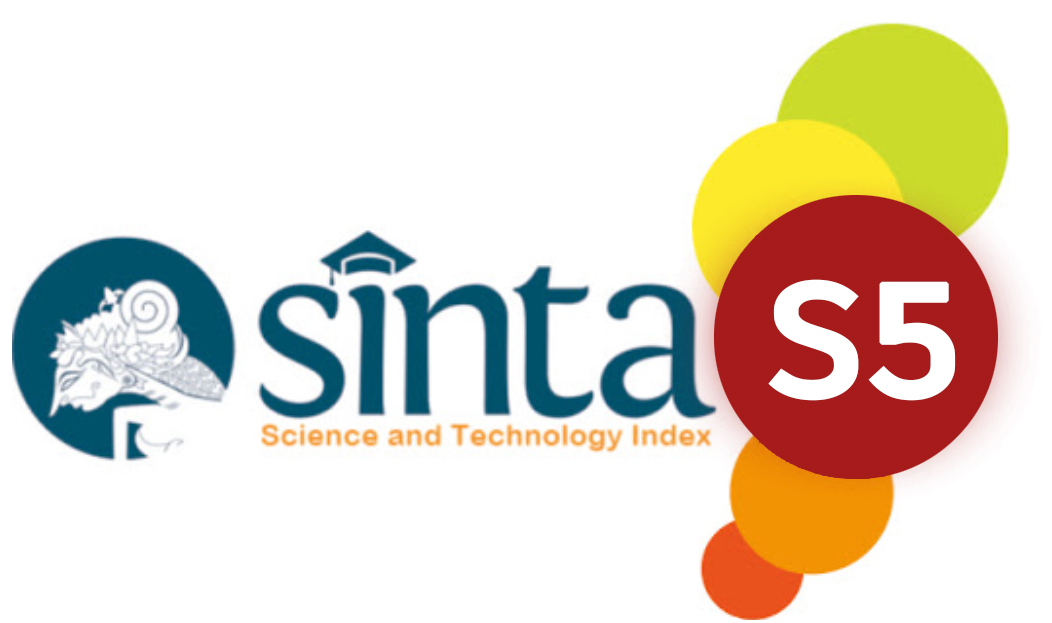Smart Village sebagai Solusi Inovatif Pembangunan Daerah Terpencil
DOI:
https://doi.org/10.31004/riggs.v4i1.380Keywords:
Transformasi Digital Desa, Inovasi Kebijakan Publik, Pembangunan Daerah Terpencil, Literasi Digital Masyarakat, Partisipasi dan Kolaborasi LokalAbstract
Penelitian ini bertujuan untuk mengevaluasi implementasi kebijakan Smart Village di Distrik Tanah Miring, Kabupaten Merauke, sebagai wilayah terpencil yang menghadapi tantangan geografis, keterbatasan infrastruktur, dan keberagaman sosial budaya. Fokus utama penelitian adalah mengidentifikasi sejauh mana kebijakan tersebut menjawab kebutuhan masyarakat lokal, mengungkap hambatan dan potensi dalam proses digitalisasi desa, serta menganalisis peran pemerintah daerah dalam mendukung transformasi digital yang berkelanjutan dan kontekstual. Pendekatan yang digunakan adalah metode kualitatif dengan desain studi kasus, yang memungkinkan eksplorasi mendalam terhadap proses implementasi kebijakan di tiga kampung: Waninggap Miraf, Sumber Harapan, dan Sumber Rejeki. Teknik pengumpulan data meliputi wawancara mendalam dengan informan kunci, observasi langsung terhadap aktivitas pelayanan desa berbasis teknologi, serta studi dokumentasi. Data dianalisis secara tematik untuk mengidentifikasi tema utama seperti akses internet, literasi digital, partisipasi warga, dan tantangan kelembagaan. Hasil penelitian menunjukkan bahwa inisiatif Smart Village berpotensi meningkatkan kualitas hidup masyarakat melalui pemanfaatan teknologi dalam sektor pendidikan, kesehatan, dan ekonomi. Namun demikian, pelaksanaannya masih menghadapi berbagai kendala, antara lain ketimpangan infrastruktur, rendahnya literasi digital, dan lemahnya dukungan kebijakan yang disesuaikan dengan konteks lokal. Oleh karena itu, strategi pembangunan desa cerdas perlu dirancang secara inklusif, dengan memperhatikan karakteristik wilayah dan budaya setempat, serta memperkuat sinergi antar pemangku kepentingan agar transformasi digital benar-benar menjadi solusi efektif bagi pembangunan desa di daerah terpencil.
Downloads
References
Agbeyangi, A., & Suleman, H. (2024). Advances and Challenges in Low-Resource-Environment Software Systems: A Survey. Informatics, 11(4), 90.
Casillo, M., Cecere, L., Colace, F., Lorusso, A., & Santaniello, D. (2024). Integrating the internet of things (IoT) in SPA medicine: innovations and challenges in digital wellness. Computers, 13(3), 67.
Diana, L., & Dini, P. (2024). Review on Hardware Devices and Software Techniques Enabling Neural Network Inference Onboard Satellites. Remote Sensing, 16(21), 3957.
Díaz-Arancibia, J., Hochstetter-Diez, J., Bustamante-Mora, A., Sepúlveda-Cuevas, S., Albayay, I., & Arango-López, J. (2024). Navigating digital transformation and technology adoption: A literature review from small and medium-sized enterprises in developing countries. Sustainability, 16(14), 5946.
Emerllahu, V., & Bogataj, D. (2024). Smart Villages as infrastructure of rural areas: Literature review and research agenda. IFAC-PapersOnLine, 58(3), 268–273.
Gomez, R., Beltran, M., Iribe Ramirez, Y., Morales, I., Rincon, C., & Grismaldo, A. M. (2024). Participatory methods for indigenous community planning and development in the Colombian Amazon. Information Technology for Development, 1–19.
Harahap, V., Kamp, L. M., & Ubacht, J. (2024). A decision support scheme for solving the mobile coverage gap in rural areas in developing countries–Demonstrated with a case in Indonesia. Technological Forecasting and Social Change, 207, 123600.
Jabali, O., Ayyoub, A. A., & Jabali, S. (2024). Navigating health challenges: the interplay between occupation-imposed movement restrictions, healthcare access, and community resilience. BMC Public Health, 24(1), 1297.
Kang, M., Park, S., & Lee, Y. (2024). A survey on satellite communication system security. Sensors, 24(9), 2897.
Kangana, N., Kankanamge, N., De Silva, C., Goonetilleke, A., Mahamood, R., & Ranasinghe, D. (2024). Bridging Community Engagement and Technological Innovation for Creating Smart and Resilient Cities: A Systematic Literature Review. Smart Cities, 7(6), 3823–3852.
Kharche, A., Badholia, S., & Upadhyay, R. K. (2024). Implementation of blockchain technology in integrated IoT networks for constructing scalable ITS systems in India. Blockchain: Research and Applications, 5(2), 100188.
Kusumastuti, H., Pranita, D., Viendyasari, M., Rasul, M. S., & Sarjana, S. (2024). Leveraging local value in a post-smart tourism village to encourage sustainable tourism. Sustainability, 16(2), 873.
Li, J., & Peng, Z. (2024). Impact of Digital Villages on Agricultural Green Growth Based on Empirical Analysis of Chinese Provincial Data. Sustainability, 16(21), 9590.
Mao, Z., Zhu, X., Zou, Q., & Jin, W. (2024). How Can Digital Villages Improve Basic Public Services Delivery in Rural Areas? Evidence from 1840 Counties in China. Agriculture, 14(10), 1802.
Munasinghe, I., Perera, A., & Deo, R. C. (2024). A comprehensive review of uav-ugv collaboration: Advancements and challenges. Journal of Sensor and Actuator Networks, 13(6), 81.
Purnamasari, R., Hasanudin, A. I., Zulfikar, R., & Yazid, H. (2024). Do internal control and information systems drive sustainable rural development in Indonesia? Journal of Open Innovation: Technology, Market, and Complexity, 10(1), 100242.
Sindakis, S., & Showkat, G. (2024). The digital revolution in India: bridging the gap in rural technology adoption. Journal of Innovation and Entrepreneurship, 13(1), 29.
Suryawan, I. W. K., Gunawan, V. D., & Lee, C.-H. (2025). The role of local adaptive capacity in marine ecotourism scenarios. Tourism Management, 107, 105039.
Xiao, M., Luo, S., & Yang, S. (2024). Synergizing Technology and Tradition: A Pathway to Intelligent Village Governance and Sustainable Rural Development. Journal of the Knowledge Economy, 1–56.
Zamiri, M., & Esmaeili, A. (2024). Methods and technologies for supporting knowledge sharing within learning communities: A systematic literature review. Administrative Sciences, 14(1), 17.
Zhao, S., Li, M., & Cao, X. (2024). Empowering Rural Development: Evidence from China on the Impact of Digital Village Construction on Farmland Scale Operation. Land, 13(7), 903.
Zhou, C., Chan, R. C. K., & Zhang, X. (2025). District government as a policy entrepreneur: Understanding policy experimentation in China’s Wujin District. Journal of Urban Affairs, 47(3), 900–922.
Downloads
Published
How to Cite
Issue
Section
License
Copyright (c) 2025 Esau Hombone

This work is licensed under a Creative Commons Attribution 4.0 International License.




























